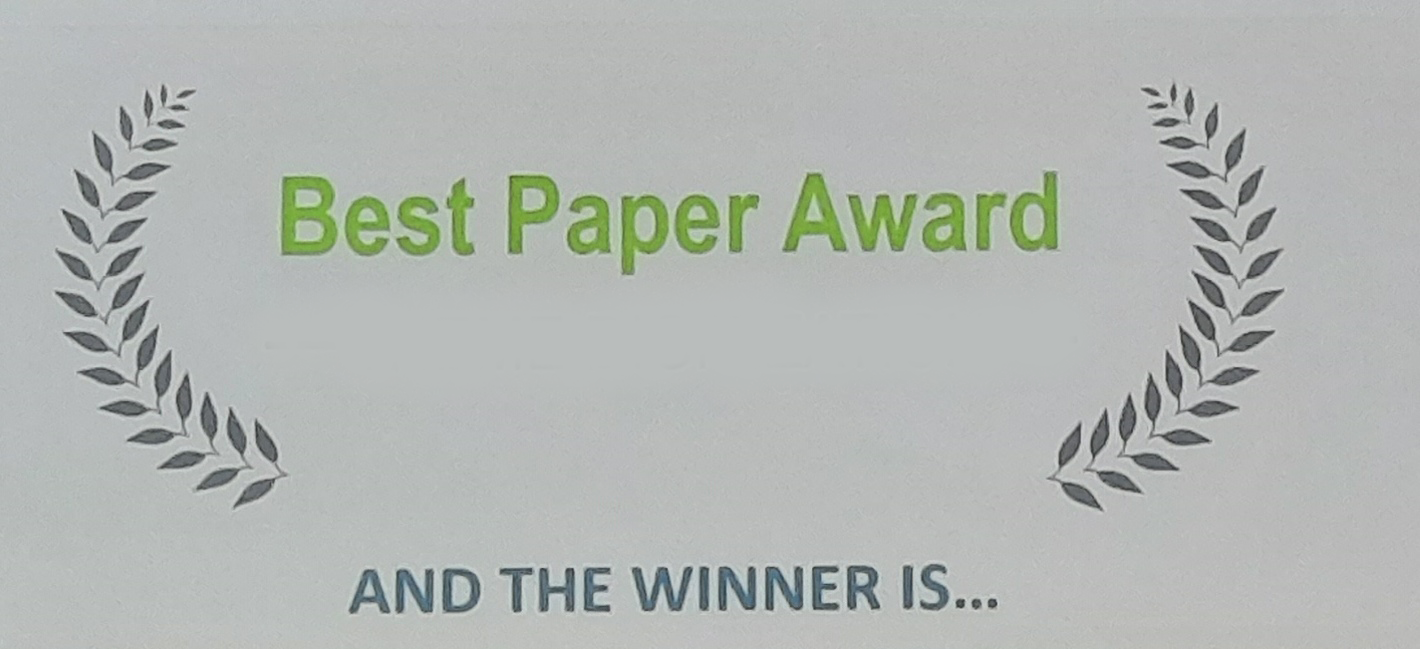Assessment of energy and business performance of innovative technologies in SMEs
DOI:
https://doi.org/10.34641/clima.2022.266Keywords:
Energy assessment, inclusive business case, SMEs, energy innovation, energy transitionAbstract
A major target of the European Green Deal is to raise the 2030 greenhouse gas emission reduction target to 55% compared to 1990. This high ambition includes an increase of the energy performance of buildings and additional generation of renewable energy in all sectors. The tertiary sector, including small and medium sized enterprises (SMEs) such as butchers, small food and non-food shops, restaurants and pubs, is one of the sectors that can contribute to this goal. While large companies in this sector are regularly in the news with iconic projects, for many SME owners “sustainability” is not a key issue. Reasons are that 1) they are not aware of interesting technologies or business cases specific for their company, 2) they are focused on their own business operation and 3) do not always own the building. That is why the Flemish-Dutch TERTS project strives for a transition in energy use and production by 1) demonstrating cutting-edge (innovative) technologies (e.g. circular isolation materials, heat pumps etc.) in SMEs and 2) by guiding these SMEs. This study assesses the impact of different (innovative) technologies specific for the target group ‘barber shops’. A reference building is made by analysing 60 existing barber shops in Flanders. The energy use of the barber shop including the systems is calculated according to DIN V 18599 using the Energieberater 18 599 3D PLUS. Subsequently, the cost benefit of various measures is calculated and compared. This provides us with an approach that not only includes financial measures but also takes metrics into account for CO2 reduction and comfort. Several technologies, which only have moderate financial benefits, reach acceptable overall satisfaction due to the inclusive metrics. This approach is based on modern business model developments and offer SMEs a more qualitative and inclusive way of the return of innovative technologies to support their investment decision making.




